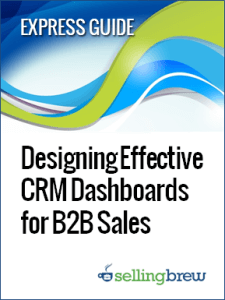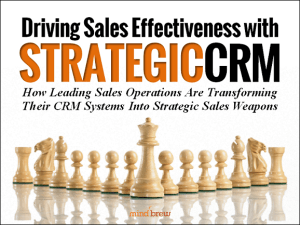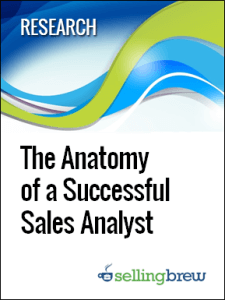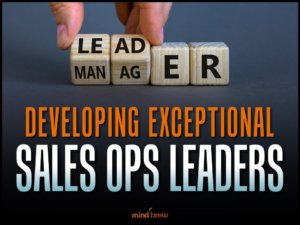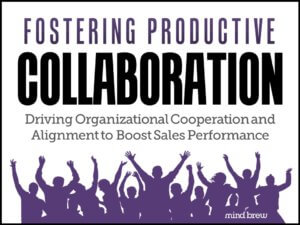In any sales organization, the superstars understandably command a lot of attention and focus—from executive management, sales management, support personnel, and even other salespeople on the team. As such, it’s somewhat intuitive that Sales Ops teams would also want to focus a lot of their attentions and improvement efforts on the superstars.
But here’s the thing…Sales Ops can’t help the superstars…not really.
You see, the superstars are the superstars precisely because they’re already doing a lot of the right things in the right ways. They’re the superstars precisely because they’re already operating at a much higher level of effectiveness than everyone else.
In other words, there’s not a lot of room for improvement with the superstars. Or rather, there’s not as much room for improvement with the superstars as there is with the “meaty middle”.
The meaty middle is heart of your salesforce. The meaty middle is the 70% of your team that lives between the top 15% (the superstars that put up stellar numbers like clockwork) and the bottom 15% (the folks who are likely in the wrong profession).
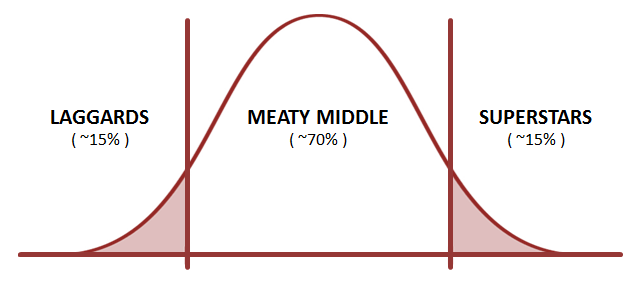
There are three main reasons Sales Ops teams should focus primarily on moving the meaty middle, and all of them have to do with leverage:
- Improvements are easier to achieve. While it might seem counterintuitive, it’s easier to get people from 60% effectiveness to 70% effectiveness, than it is to get people from 95% effectiveness to 96% effectiveness.
- Improvement impacts are larger. Because your efforts are affecting a much larger group of people (and likely to a much greater degree), the combined impact on overall performance can be more significant.
- Improvements are much stickier. Driving improvement across 70% of the salesforce necessarily involves systemic solutions that are repeatable, scalable, and effective for the “typical” salespeople that also make up the vast majority of the future hiring pool.
Of course, you shouldn’t ignore the superstars entirely. Obviously, you want to keep them happy and productive. And, the superstars are a great research panel to understand and identify things that should be emulated.
The point is that when it comes to driving significant performance improvements, the superstars should not be your primary focus. The opportunity and leverage just aren’t there. And the meaty middle is where Sales Ops can actually do the most good.

